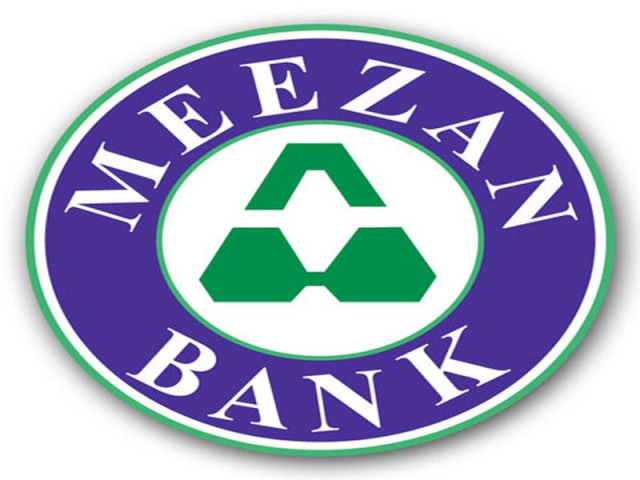Middle market race: Meezan Bank outgrows niche player status
Bank remains wedded to Islamic heritage, but focuses on competing as a full-service bank.

It is not often one meets a corporate banker who does not have a liquidity problem these days, but Meezan Bank’s Zubair Haider Sheikh happens to be in that lucky position. While his competitors scramble to offer liquidity to their clients in the midst of heavy government borrowing, Meezan appears to be quite comfortably able to rely on its rapidly growing deposit base to serve its corporate clients.
“We have never had to turn a client down for liquidity concerns,” says Sheikh, the head of corporate banking at Meezan Bank. His is a luxury most bankers would be envious of in the current monetary climate.
Liquidity is the lifeblood of the financial services system. Simply put, a financial institution needs to be able to ensure that it is able to move the right amounts of money at the right time to the right places in order to keep its lending clients, as well as its depositors, happy. Failure to do so for even a single second can result in a catastrophic drop in confidence levels that can lead to an unravelling of a even the most storied financial behemoth, like the American investment bank Lehman Brothers in 2008.
Meezan, apparently, seems to be swimming in liquidity these days, largely due to an extraordinary build-up in deposits which have increased at an average annualised rate of 50% per year between 2002 and 2010, compared to the banking industry average of 16.3% during that same period. (Inflation during that period averaged just over 9.3%.)
Profits have kept pace, rising every year except 2008. For 2010, the bank earned Rs1.6 billion, a whopping 61% higher than the previous year. Profits in the first quarter of 2011, meanwhile, suggest a better year still, higher by another 61%.
The bank has long been the dominant player in Islamic banking, with more deposits and assets than all other Islamic banks combined. Yet its success has also meant that the bank has grown beyond what is still seen as the ‘Islamic niche’ in the banking market.
“Effectively, our competition is the middle-tier banks: Standard Chartered, Bank AL Habib, Habib Metropolitan, etc,” says Sheikh, though he was quick to point out that the bank is not dismissive of its fellow Islamic banking rivals.
Meezan Bank executives say that they market their services to prospective clients based on pricing and having a full suite of products. The bank does not downplay its Islamic nature, but is keen to be seen as a viable financial partner for companies that are agnostic about Shariah compliance.
In essence, Meezan is the most mature of Pakistani Islamic banks: one that sees itself as a full-service financial institution that also happens to be 100% Shariah-compliant. Yet the bank is also not trying to go down the road taken by Faysal Bank, which started off as an Islamic bank but then slowly shed its religious credentials and became a conventional bank. “While being Islamic is not our only unique selling point, it is certainly important to us and to many of our customers,” says the corporate banking head, adding that they do not plan on abandoning their Shariah-compliance any time soon.
Indeed, Meezan executives seem to view Shariah-compliance as a highly useful tool in risk management for the bank. Unlike a conventional bank, Meezan must keep track of how its clients utilise the funds that are released to them.
While the bank does not do this for every single loan, it does so for enough to ensure that its risk management is better than most of its conventional counterparts. Non-performing assets from less than 3.7% of total lending, far less than the industry average.
Published in The Express Tribune, July 6th, 2011.



















COMMENTS
Comments are moderated and generally will be posted if they are on-topic and not abusive.
For more information, please see our Comments FAQ